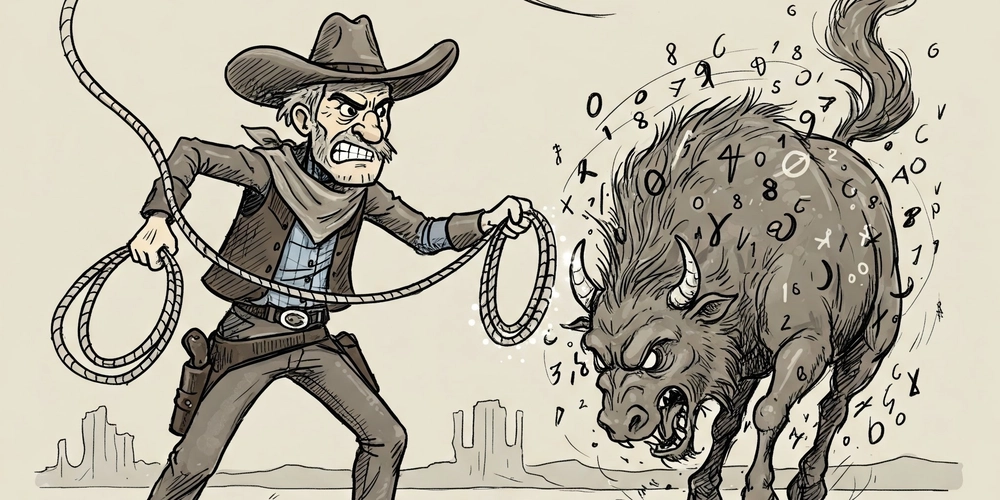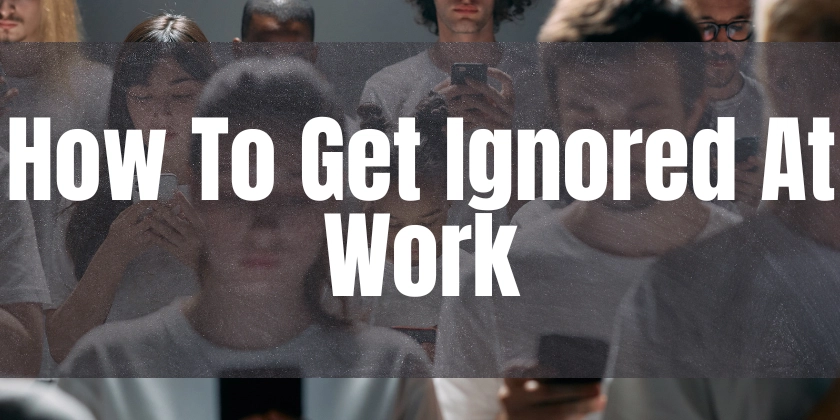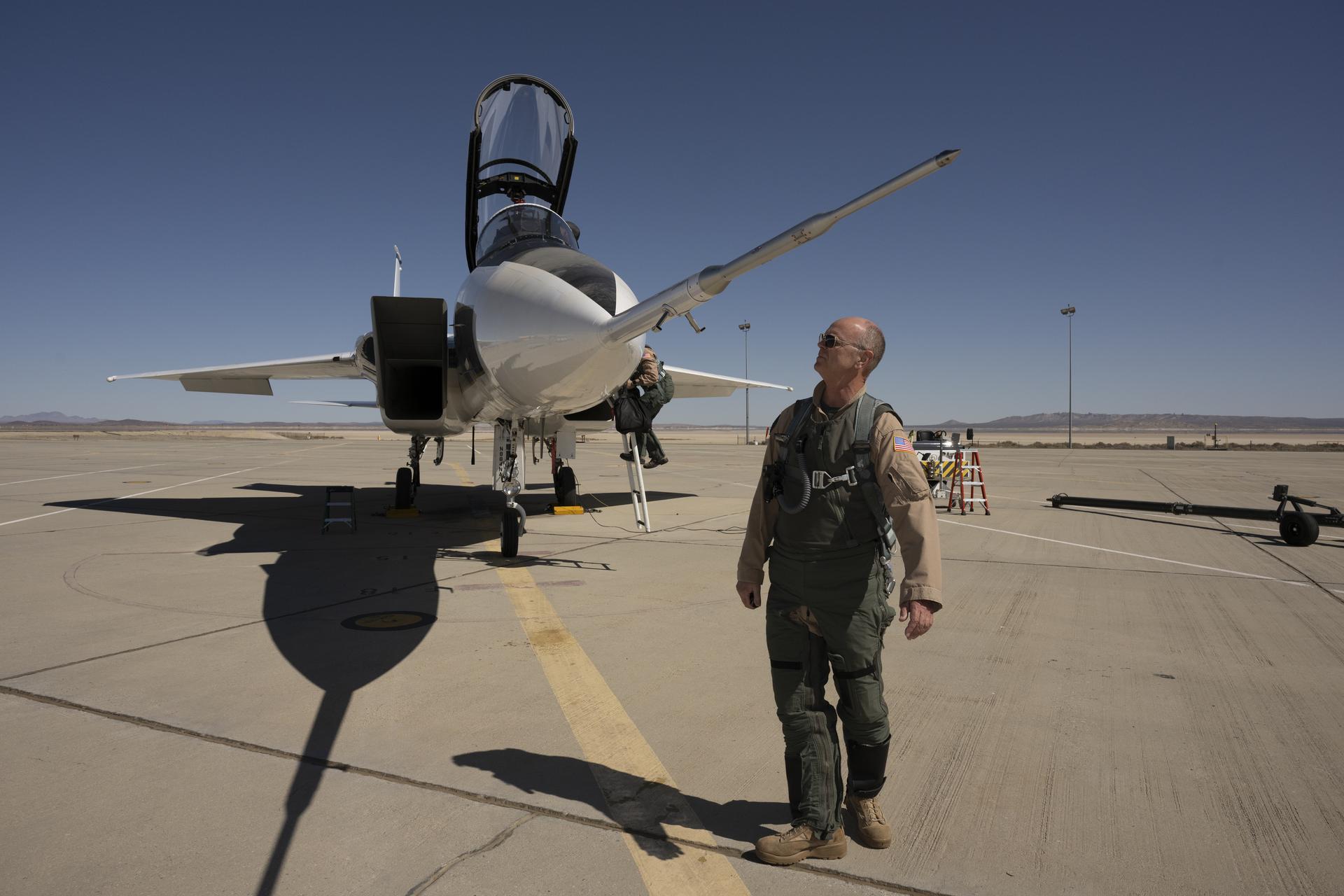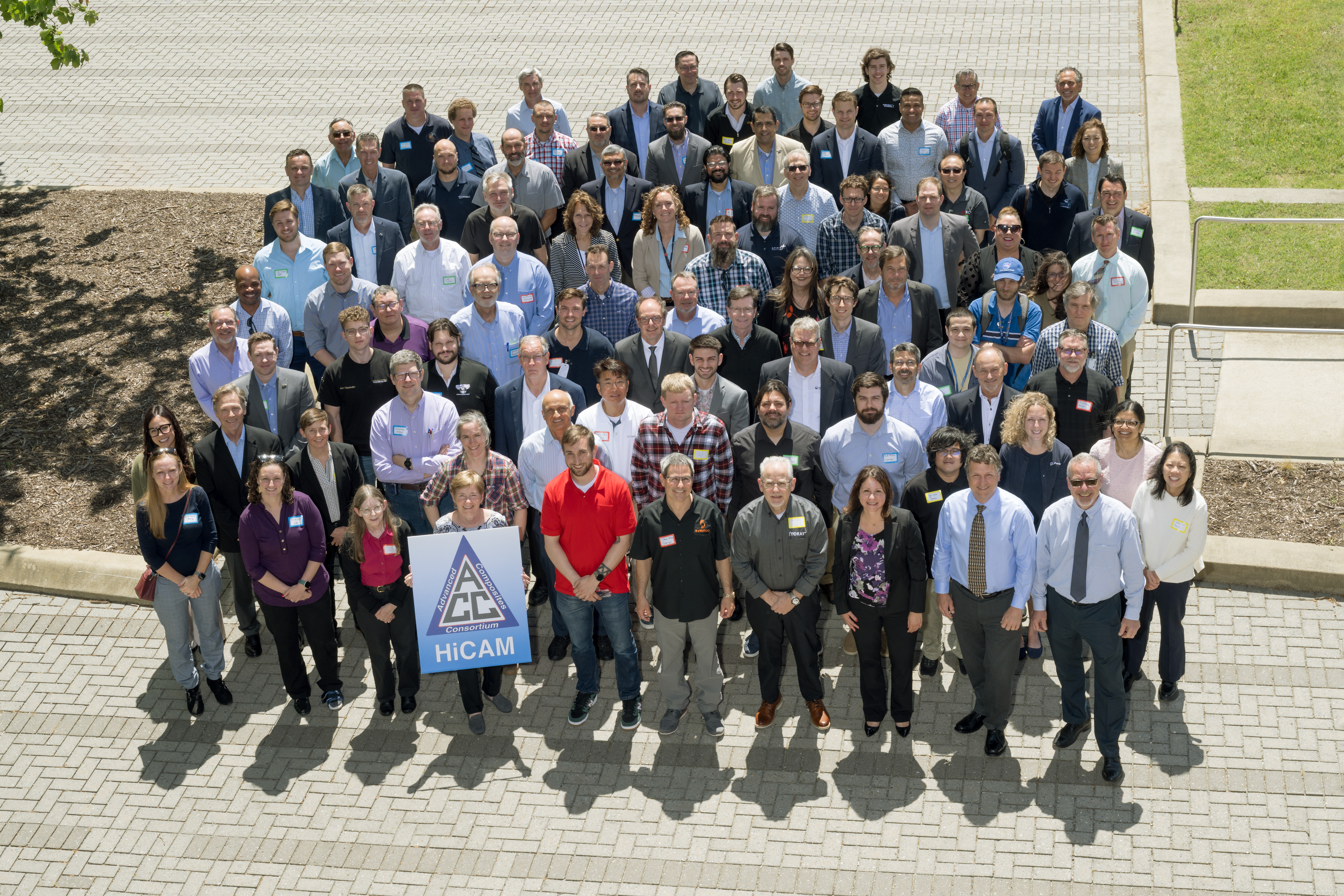The Essential Role of Security Guards in Modern Society
Security guards play a vital role in maintaining safety and preventing threats in various environments, including businesses, residential communities, retail stores, and public events. Trained to handle emergencies, monitor surveillance systems, control access, and deter criminal activity, security guards provide peace of mind through a strong and visible presence. Whether unarmed or armed, mobile or on-site, these professionals ensure a secure environment by acting as the first line of defense against potential risks.
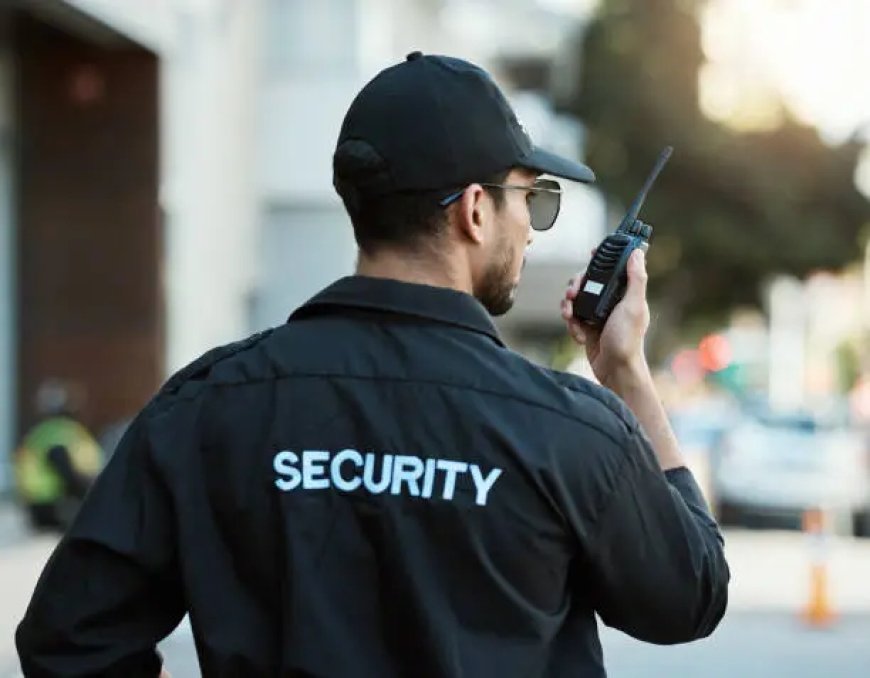
Introduction
In a world where safety and security are increasingly prioritized, security guards have emerged as indispensable assets across various sectors. Whether stationed at corporate offices, residential complexes, shopping malls, or public events, these trained professionals serve as the first line of defense against threats, theft, vandalism, and emergencies. This blog explores the multifaceted role of security guards, the industries that depend on them, and why their presence is more crucial today than ever before.
1. Who Are Security Guards?
Security guards are trained personnel responsible for protecting people, property, and assets. Their primary duties include monitoring surveillance equipment, inspecting buildings, controlling access to facilities, and responding to security incidents. They work in both public and private sectors and can be armed or unarmed depending on the level of threat and regulations in place.
Unlike police officers, security guard services are typically employed by private security firms or directly by organizations and have limited law enforcement authority. However, their visibility and vigilance often deter criminal behavior and ensure a safer environment.
2. Key Responsibilities of Security Guards
Security guards perform a wide range of responsibilities based on the nature of the site they are protecting. Some of their most common tasks include:
-
Surveillance and Monitoring: Keeping watch through CCTV systems and patrolling premises to detect suspicious activity.
-
Access Control: Ensuring only authorized individuals enter specific areas, checking IDs, and logging visitors.
-
Emergency Response: Acting quickly in emergencies such as fires, medical incidents, or active threats, often coordinating with emergency responders.
-
Customer Service: Providing directions, answering inquiries, and maintaining a helpful demeanor, especially in commercial environments.
-
Report Writing: Documenting incidents and daily activities, which can later be used as legal records if needed.
3. Types of Security Guards
Security guards come in various types, each trained to handle specific situations:
-
Unarmed Security Guards: Commonly used in residential and retail settings, they provide general security without carrying weapons.
-
Armed Security Guards: Typically employed in high-risk areas such as banks or government facilities, they carry firearms and undergo additional training.
-
Mobile Patrol Guards: These patrol security guards multiple sites using vehicles, ensuring security over a wider area.
-
Event Security Guards: Specialize in managing large crowds and preventing disturbances during public events or private gatherings.
-
Corporate Security Guards: Stationed in office buildings to monitor entrances, prevent unauthorized access, and ensure employee safety.
-
Loss Prevention Officers: Focus on preventing theft and shrinkage in retail stores through surveillance and undercover monitoring.
4. Benefits of Hiring Security Guards
Businesses, institutions, and individuals benefit greatly from the presence of professional security guards. Here are some key advantages:
-
Crime Deterrence: The visible presence of guards significantly reduces the likelihood of theft, vandalism, and trespassing.
-
Rapid Response: Guards are trained to react quickly to emergencies, preventing escalation and ensuring timely intervention.
-
Enhanced Safety: Guards enforce rules, prevent conflicts, and create a sense of safety for employees, customers, and residents.
-
Liability Reduction: Having trained personnel handle security can protect businesses from lawsuits and insurance claims in the event of an incident.
-
24/7 Protection: Security guards offer continuous surveillance and protection, which is especially vital for high-value properties and assets.
5. Industries That Rely on Security Guards
Virtually every industry can benefit from professional security services, but some sectors depend heavily on them:
-
Healthcare Facilities: Hospitals and clinics need security guards to protect patients, staff, and sensitive areas like pharmacies and emergency rooms.
-
Educational Institutions: Schools, colleges, and universities rely on guards to maintain order and protect students and staff.
-
Retail Stores: Security guards prevent shoplifting, handle disputes, and monitor suspicious activity in malls and outlets.
-
Construction Sites: Guards prevent unauthorized access, equipment theft, and safety violations at job sites.
-
Hospitality Industry: Hotels and resorts employ guards to ensure guest safety and manage access to restricted areas.
-
Banking and Financial Services: Armed guards protect vaults, ATMs, and sensitive customer data in these high-risk environments.
6. Training and Qualifications of Security Guards
Effective security guards are more than just a visible deterrent—they're highly trained professionals. Standard training may include:
-
Surveillance and Observation Skills
-
Emergency Response and First Aid
-
Conflict De-escalation Techniques
-
Legal and Ethical Standards
-
Firearms Handling (for armed guards)
-
Customer Service and Communication
In many regions, guards must complete a certified training program and obtain a license. Employers often conduct background checks and drug tests to ensure reliability and integrity.
7. The Evolving Role of Technology in Security Services
Modern security guards are supported by an array of technologies that enhance their effectiveness:
-
CCTV and Surveillance Systems
-
Access Control Systems
-
Biometric Scanners
-
Body-Worn Cameras
-
Drones for Aerial Surveillance
-
Real-time Communication Tools and Apps
By integrating these tools, security guards can monitor larger areas more effectively and respond to incidents faster, all while maintaining accurate digital records.
8. Choosing the Right Security Guard Service
When selecting a security guard service, consider the following:
-
Reputation and Experience: Look for companies with proven track records in your specific industry.
-
Licensing and Insurance: Ensure the firm is licensed and its guards are properly trained and certified.
-
Customization: The best security services offer tailored plans based on your unique risks and requirements.
-
Technology Integration: Opt for providers that leverage modern technology for real-time reporting and enhanced protection.
-
Availability: Ensure they can provide coverage when you need it—24/7 if necessary.
Conclusion
Security guards play a critical role in safeguarding people, property, and peace of mind. Their presence is often the difference between a secure environment and one vulnerable to threats. Whether you’re managing a retail store, office complex, or organizing a large event, investing in professional security services ensures that safety isn’t left to chance. In an unpredictable world, security guards offer the stability and protection we all rely on.













